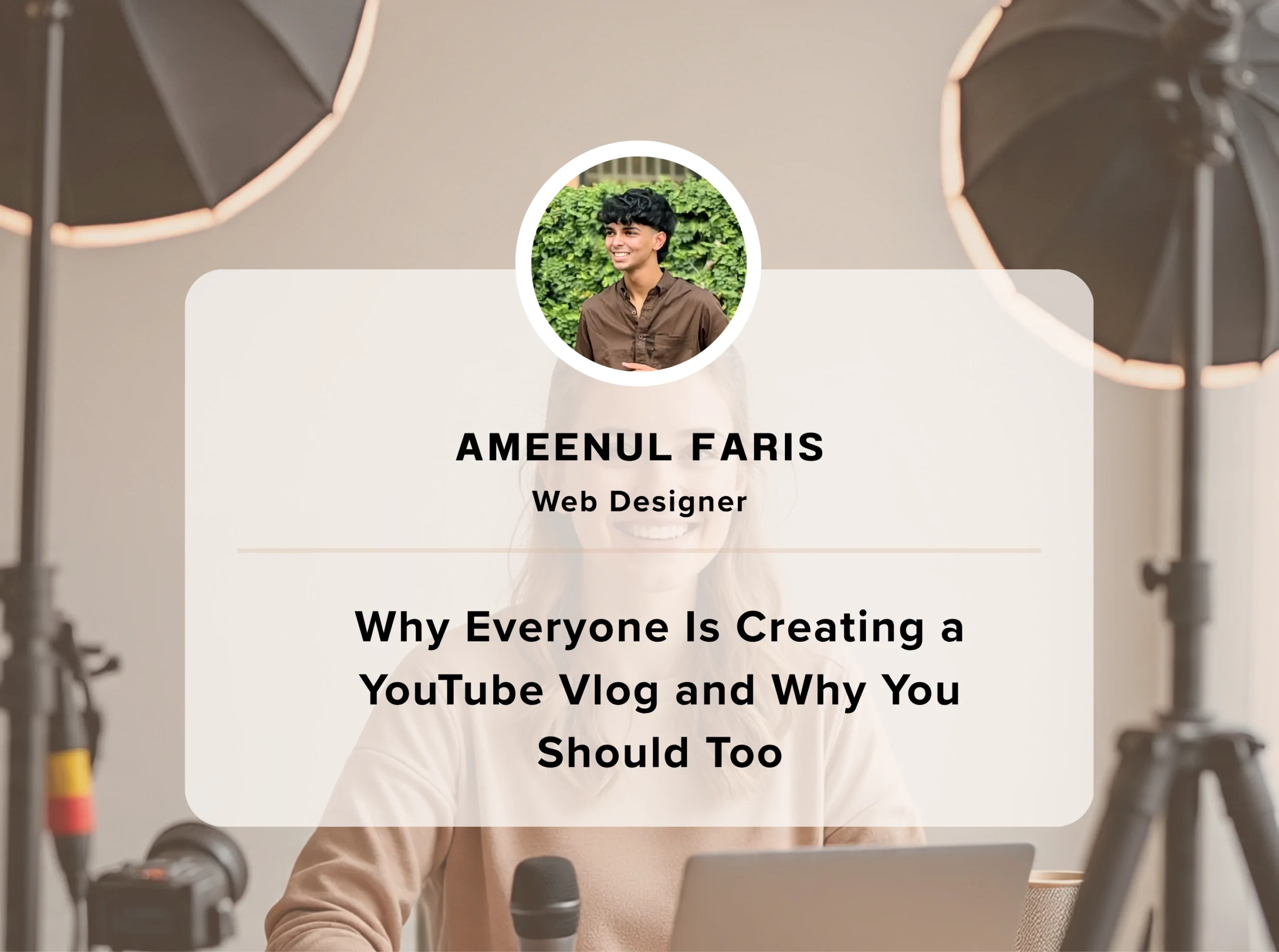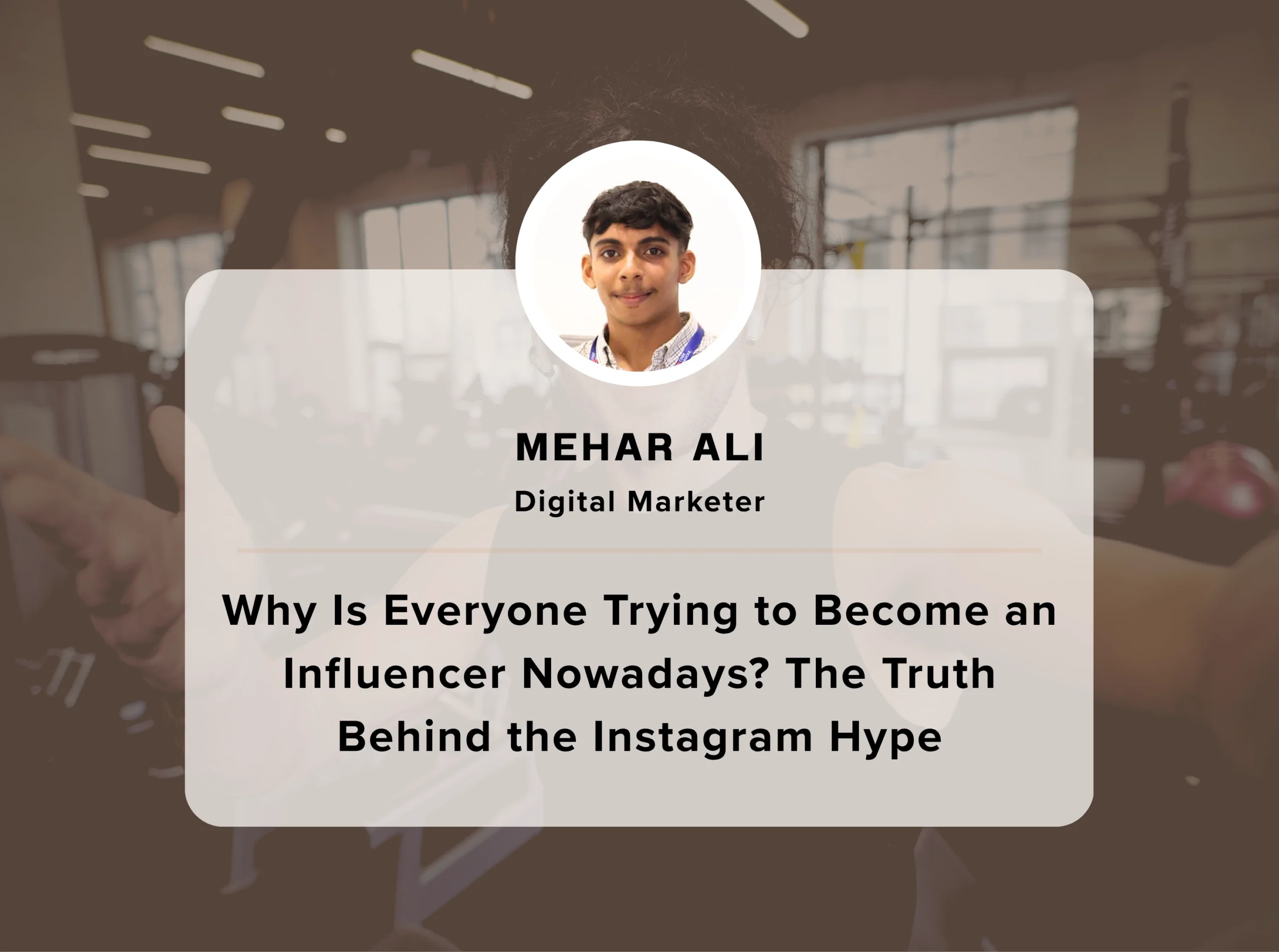October 1 / 2025
AI Influencers Are Growing But Human Trust Still Matters
Introduction
Over the past few years, the digital marketing scene has witnessed an astonishing transformation the emergence of AI influencers. These AI based personalities are driven by sophisticated artificial intelligence, with the ability to post on social media, promote brands, and engage audiences just like human influencers. They are gaining immense popularity at a quick pace, but one issue stands at the point of controversy: Can AI influencers replicate the authenticity, trust, and emotional bonding that human influencers are known for?
Understanding AI Influencers
AI influencers are computer-generated personalities that imitate human behavior. They may appear to look, dress, and behave like real humans, sometimes so realistically that their followers may not recognize immediately that they are generated by computers. Some of the best-known AI influencers are Lil Miquela, who has millions of Instagram followers, Shudu Gram, celebrated for her hyper realistic supermodel appearance, and Imma, a Japanese computer-generated virtual influencer who has partnered with international fashion brands.
Unlike human influencers, digital avatars do not possess personal lives, limitations, or scandals. They are managed by brands or creative teams so that their campaigns align in perfect manner with marketing strategies and project the same consistently. A managed ecosystem in this way makes them a viable option for organizations looking to be assured of dependability in influencer collaborations.
Why Are AI Influencers Gaining Popularity
One of the key reasons AI influencers are gaining traction is their round the clock availability. Unlike human influencers, they do not need rest, vacations, or time off. They can create content, engage with followers, and respond to trends at any hour of the day.
Another significant benefit is control over the brand. AI influencers can be specifically made to meet a brand’s image and standards. Brands are no longer concerned with scandals or unauthorized posts that could damage their reputation. Moreover, AI influencers can be coded to embody different cultures and languages, thus providing brands worldwide appeal without the logistics of having multiple human personas to manage.
Lastly, there is longterm cost effectiveness. Although building an AI influencer is costly upfront, brands do not have to pay appearance fees, travel expenses, or sign lengthy contracts for future campaigns. In the long run, this makes AI an economical option for high-frequency marketing initiatives.
The Trust Problem with AI Influencers
AI influencers, despite their benefits, have one major obstacle trust and authenticity.
Consumers interact with human influencers due to their familiar experiences and personal narratives. Humans relate to their struggles, successes, and daily lives things not possible to project with artificial intelligence. While AI is capable of projecting emotions and stories, it cannot provide the authentic human touch that creates long-term loyalty.
There are also moral issues. When an AI influencer endorses a skincare line, say, it is obvious that they can’t try it or experience it personally. This makes for audience doubt, as audiences can be cheated out of authentic endorsements by lacking real-world credibility. Translucency is also an important issue. Should brands be transparent about whether an influencer is an AI? Most marketing gurus are in unison that honesty is the best policy when it comes to sustaining consumer trust.
Human Influencers: The Emotional Edge
Although AI influencers can introduce novelty, human influencers have something that cannot be replicated genuine emotional connection.
Human influencers present genuine experiences, personal triumphs, and universal challenges. Whether a fitness influencer documenting their journey or a travel blogger reliving the experience, viewers become involved because they feel a real connection. They believe these suggestions because they are from an individual who has lived through the product or service themselves.
Additionally, human influencers are able to adjust to actual interactions, react using authentic feelings, and engage in live chats, creating a sense of engagement that AI influencers have to try and mimic.
The Future: Hybrid Influencer Marketing
The future of influencer marketing is not finding the middle ground between AI and human influencers it is blending their strengths.
AI influencers are best suited for campaigns where visuals, futuristic branding, or 24/7 presence are essential. They are best at producing visually flawless content and running campaigns rapidly and consistently.
Human influencers, however, will continue to be instrumental in storytelling, advocacy, and creating authentic connections. They offer credibility, emotional authenticity, and relatability that resonates deeply within consumers.
A few brands are even testing hybrid campaigns where AI and human influencers collaborate. This gives brands the benefit of AI efficiency while retaining the trust and engagement only a human can provide.
Ethical Considerations in AI Influencer Marketing
As AI influencers become trendy, ethical best practices will become more critical. Brands need to be transparent in their use of AI personas, not use AI generated models to reinforce stereotypes, and responsibly manage user data while developing AI powered engagement tactics. Not doing so may lead to backlash and loss of consumer trust.
Key Takeaways for Brands
For companies venturing into influencer marketing, the message is simple don’t leave human authenticity behind in search of AI innovation. Rather, balance both by taking advantage of their strengths. AI can become more creative and reach further, but human influencers bring the emotional resonance that turns listeners into loyal consumers.
Conclusion
AI influencers are not only a fad they’re becoming a force to be reckoned with in the digital marketing landscape. AI influencers introduce efficiency, consistency, and creativity to campaigns. Yet, the key to successful marketing hasn’t changed: genuine trust between a brand and its users. As technology advances further, the successful brands will be those that adopt AI without sacrificing the authentic human connection that makes influencer marketing so powerful. Ultimately, technology can assist in forming connection, but only humans can fully inspire trust.
Related Posts:

Discover how Adsin Learning Hub empowers students with hands-on SEO skills that deliver real results. From classroom to Google rankings, explore inspiring real life success stories of students who helped local businesses climb to the top of search results.

How Gen-Z Revolutionized Marketing: Why Brands Can’t Ignore Us – With bold values and digital fluency, Gen-Z is reshaping how brands connect and communicate. Their influence is driving authentic, trend-savvy, and purpose-driven marketing.

Graphic Design vs Multimedia Design – Choosing the Right Path: Understand the key differences between static visuals and dynamic content creation to choose the creative field that aligns with your passion and goals.

YouTube vlogging has become the go-to platform for self-expression, storytelling, and personal branding. Discover how starting your own vlog can open doors to creativity, confidence, and even income.

Why is everyone chasing the influencer dream? In a world ruled by likes and reels, Instagram offers fame, freedom, and quick income. But behind the filters lies a truth few talk about the pressure, hustle, and constant need to stay relevant.

